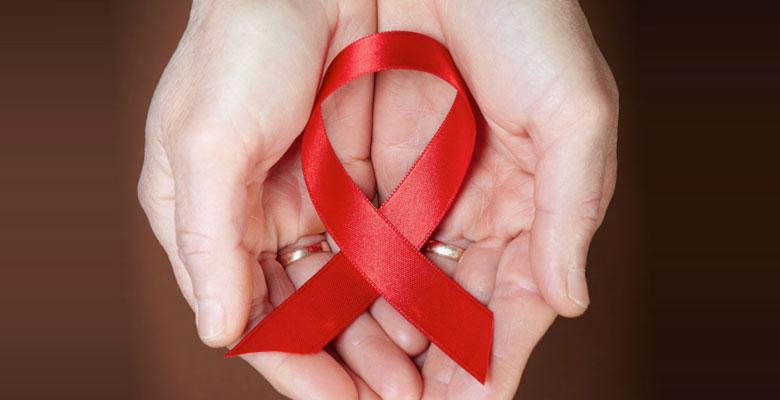HIV needs a vaccine; this much we know. Tremendous strides have been made in global HIV response with testing, treatment, and a range of prevention techniques. We’ve slowed the spread of the virus. Fewer people are dying. We haven’t stopped it, though. People are still getting infected; in some populations, the rate of infection is actually increasing. To stop the spread of HIV, we need a vaccine that works. A new vaccine study may be bringing us one step closer, but it’s too soon to know.
The study, called HVTN 702, is the first major new HIV vaccine trial in seven years.
It’s based on a promising trial that took place in Thailand in 2009, RV 144.
The RV 144 vaccine had a modest protective effect; people who received the vaccine were 31% less likely to become infected with HIV during the 3.5 years of the study than people who did not receive it. While this effect is small, the RV 144 vaccine was the only form of vaccine that has ever shown an effect at all in trial. The regimen in RV 144 consisted of two components; an actual vaccine, based on cowpox, and an adjuvant, which increased the body’s immune response to the vaccine.
HVTN 702’s regimen is similar to RV 144, but it has a slightly modified vaccine, which researchers hope will be more effective. It also has a different adjuvant. (note: there is no actual HIV virus in the vaccine and it cannot transmit the disease) These changes may increase effectiveness enough to make it a tool for real reductions in HIV transmission.
Vaccine trials are difficult to predict. The HVTN 702 trial is based on solid science and it has already passed a small trial which found that it was safe and did trigger an immune response. However, highly promising vaccine candidates have failed in trial before; most recently, the HVTN 505 trial which began in 2009 and was stopped in 2013. The vaccine in this trial triggered antibodies in vaccine recipients that related to HIV, but couldn’t actually stop the virus. That could happen to the HVTN 702 vaccine as well; it remains to be seen if the immune response triggered by the vaccine actually prevents HIV.
This could legitimately be the vaccine that gets the AIDS pandemic under control. But it could also be one more failed effort in a long lined of failed efforts. If the HVTN 702 vaccine regimen does fail to show results, it won’t be for nothing. Just as the HVTN 702 trial was based on the lessons learned from RV 144 and other vaccine trials, the data collected on HVTN 702 will be used in future research. It will be a robust data set. The trial plans to enroll 5400 people in South Africa, providing the vaccine to half the group and a placebo to the other half; the largest and most advanced clinical trial ever to take place for an HIV vaccine.
This vaccine trial is a step forward, but even if it succeeds, it will be a long road ahead before we see the end of AIDS.“An effective HIV vaccine would be an enormous boost to HIV prevention around the world. But its usefulness will depend on what side effects can be expected as we will be asking people who are well and not living with HIV to undergo vaccination,” says Dave Burrows of AIDS Projects Management Group. “With billions of dollars and an enormous workforce, it has proven difficult to ensure all people with HIV get access to effective HIV treatment. It will be an even larger task to get all people at risk of HIV vaccinated.”
